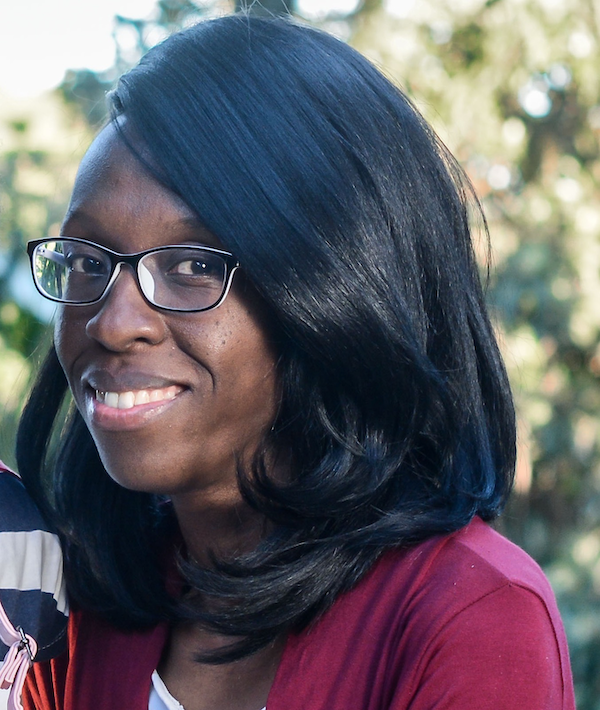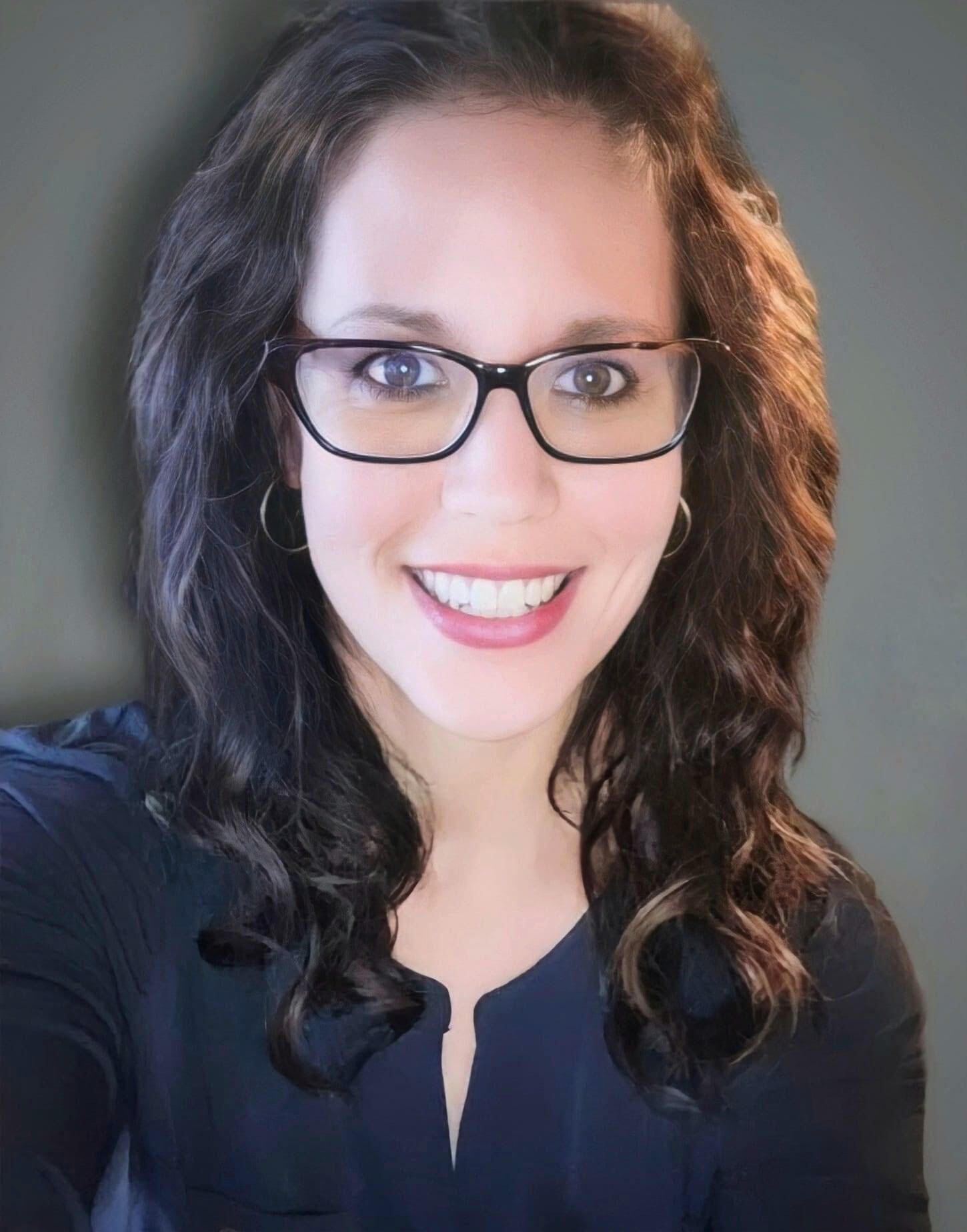For some shows, a podcast script is a must-have — if you’re performing a sci-fi audio drama or recording a nonfiction narrative about the star-nosed mole, you need to read the words on the page in order to get things right. But for other podcast formats, like chat shows, interview podcasts, and solo shows, podcast scripting is a choice you can make. You may want to read from a script to ensure you cover everything and reduce your time editing — but you may also want to skip the extra writing time to ensure a more off-the-cuff delivery.
In this article, we’ll explore the pros and cons of podcast scripting to help you understand whether this method of episode preparation is right for you and your show.
What’s the difference between scripting and outlining?
A podcast script is a written guide to what needs to be shared with listeners during an episode. Scripts vary depending on the podcast format, but a typical podcast script template for an interview-style show will usually include the podcast intro, the episode topic and main points that support the topic, a guest introduction section, and an outro with any calls to action (CTAs). If the podcast has ads or sponsors, then the ad script or sponsor information will be included too.
A full script will include all the words that need to be said written out, just like an actor on the stage or a newscaster for a television show uses, though how detailed the script and how closely the recording follows it varies by podcast host, producer, and podcast.
That extreme level of detail isn’t there in a podcast outline. A podcast outline is just a list of what talking points need to be said in the podcast episode, and in which order. You may hear some people using these terms interchangeably, though. Scripted outlines are an option if you want to dip your toe in first before changing your entire podcast workflow to make space for writing word-for-word scripts.
A scripted outline can either be complex and very close to looking like a full script or it can be bare bones bullet points with detailed notes in the margins reminding you to mention a particular story or stat at that point of the episode. Its purpose is to keep you on track and make sure you’re covering everything you need to in the episode.
Remember: there are no rules to how much or how little detail to include in a script. You can do what works for you and your own podcast.
For the sake of this article, we’ll focus the pros and cons on full-length podcast scripts.
The pros of podcast scripting
Organized and efficient content
A podcast script guarantees you’ll cover everything you were hoping to in each and every episode. In addition, they also make sure that the ideas you’re presenting have a clear and logical flow and your segues between them are seamless. You’ll know that the anecdotes you’re sharing have a reason to be there, and there’s absolutely no opportunity to go off on a tangent and catch yourself trying to figure out what the actual point was that you were trying to make.
You’re better able to tell a story
There’s a lot that goes on between Once Upon a Time and The End, and quality storytelling helps to move your audience throughout the episode. With a podcast script, you’ll have more control over how the story is told.
While fiction and storytelling shows almost always use a podcast script for this reason, any type of podcast can benefit from a good narrative. Even if you’re recording a solo episode about something dry like your favorite project management software, following a story arc — you had a problem, you looked everywhere for a solution, and just when you were about to give up you found the software for you — can keep listeners engaged throughout the episode.
Professional tone and presentation
We all know that the way you sound on a podcast influences how your listeners perceive your show. Have poor quality audio and you’ll lose those listeners, no matter how good your content is.
But your audio quality isn’t the only type of “voice” that scripting your podcast helps with. Your voice relates to the way you speak — your tone, phrases, and the way you describe things.
When a podcast script is written, you’re taking the time to craft each sentence as a writer would. You're able to edit your turns of phrase and inject emotion into the words as needed. When you’re speaking without a script, you can’t just delete and rephrase your word choice as you go (unless you use Descript’s Overdub, but we still recommend trying to say it right the first time). Scripting creates a polished result that will impress both existing and potential listeners.
Reducing editing time
Another advantage of using a podcast script is how it makes the post-production process more efficient. With a script in hand, hosts (and potentially even guests) will feel more prepared and confident in their delivery. Since the content is laid out on the page, there will be fewer awkward pauses and retakes to restate a point. That minimizes the need for extensive editing, freeing up your time or the time of your production team to focus on things like guest sourcing or promotion.

The cons of podcast scripting
Potentially monotonous delivery
You may have spent a lot of time developing your voice, working on syntax, and even marking up the podcast script with opportunities for comedic development or dramatic pauses…but if the delivery is off, that time was wasted.
Reading naturally from a script is a skill in itself, one that you have to practice to do well. Without that practiced skill, beginners may find it difficult to deliver the scripted content in an engaging way. And nobody wants to sound like a robot.
Being off-script allows for spontaneity, charm, and a natural flow of conversation with co-hosts or guests. A monotonous delivery risks spoiling the opportunity for your listeners to feel a connection with you, the host. There’s something special and authentic about off-the-cuff statements and side-note tangents that turns an average audience into loyal listeners.
Restricted creativity
A podcast script leaves little to no room for spontaneity, which is especially important when you have guests on your show. I’ve found that the best conversations or parts of an episode almost always come from the flow of ideas and my ability to adapt to a conversation that was different than the one I planned.
Imagine what it would be like if you never strayed from a scripted introduction about yourself while meeting new people. You’d sound like a robot and you’d diminish any opportunity to connect with other human beings. At a social event, the way you introduce yourself and continue the conversation varies slightly from person to person.
That lesson should be applied to podcast outlines for episodes with guests. Being organized about what you want to cover is one thing, but stopping the flow of ideas by adhering strictly to a podcast script is something completely different. A great podcaster is able to ad-lib and adapt to changes and your audience will appreciate dynamic conversation instead of pre-scripted dialogue.
Increased prep time
I mentioned that a podcast script significantly reduces your editing time. However, one of the cons to podcast scripting is that your prep time just got longer.
Writing is hard work and script writing is a very different form of writing than most people are used to. Is this to say that you can’t learn it? Absolutely not! Every podcast script you write will get better over time. But with the time it takes to produce a regular show, you may not have the extra hours it requires to practice this skill.
Scripting requires meticulous preparation and extensive revisions, especially if the podcast script is a group effort. A script needs to be drafted, group ideas need to be discussed, and then the result will be edited and refined multiple times before a final draft is ready. Then you may have to rehearse to bring the final script to life.
Is podcast scripting right for you?
This is something only you can determine. Where one podcaster could significantly improve with the help of a script, another podcaster may feel held back. If it’s something you’re curious about, try it out to see how it feels. Start with a short solo show and work your way into more complex shows as you learn about podcast scripting. And if you’re still on the fence, remember that you could take a hybrid approach by creating a scripted outline instead of a full-length podcast script.
If it feels like a burden — stop. There’s no right or wrong way to podcast, and a script does not make you and more or less legitimate.











































